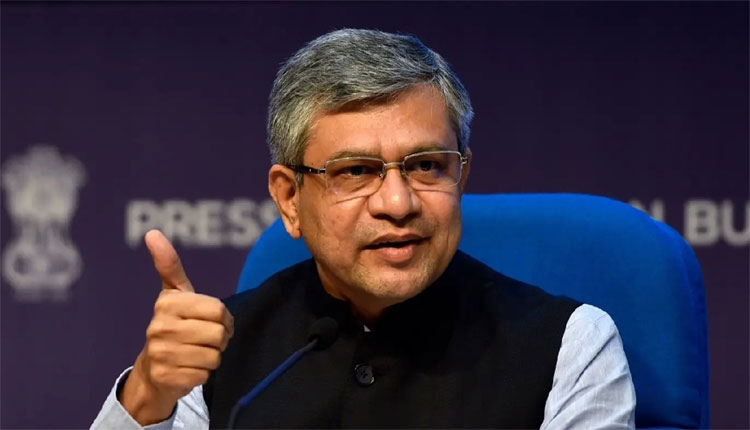New Delhi: In a significant development, the Modi government has announced the introduction of the Unified Pension Scheme (UPS), replacing both the Old Pension Scheme (OPS) and the New Pension Scheme (NPS). The decision was approved during a cabinet meeting held today and is set to benefit around 23 lakh central government employees. The UPS will come into effect from 1 April 2025.
Union Information and Broadcasting Minister Ashwini Vaishnaw detailed the provisions of the new scheme, stating that central government employees with at least 25 years of service will be eligible for the UPS benefits. Under this scheme, employees who have served for a minimum of 10 years will receive a pension of Rs 10,000. In the unfortunate event of an employee’s death during service, their spouse will receive 60% of the pension.
The government has also announced that employees with a minimum of 25 years of service will be entitled to a pension amounting to at least 50% of their average salary over the last 12 months before retirement. Additionally, in the event of a pensioner’s death, their family will receive 60% of the pension amount.
Minister Vaishnaw further explained that all NPS holders will have the option to switch to the UPS. This provision will also apply to those who have retired or are nearing retirement under the NPS since its inception, with the government ensuring that arrears are paid accordingly. Employees who retired post-2004 will also benefit from this transition.
A notable feature of the new scheme is that for every six months of service, a tenth of the monthly salary (including DA) will be added to the pension, which will be disbursed upon retirement. This ensures that those under the NPS will experience significant advantages by transitioning to the UPS.
Prime Minister Narendra Modi addressed the nation following the cabinet approval, expressing pride in the contribution of government employees to the country’s progress. He highlighted that the Unified Pension Scheme is designed to ensure dignity and financial security for government employees, aligning with the government’s commitment to their welfare and a secure future. The Prime Minister underscored that the economic security of government employees is a fundamental responsibility of the state.
The Prime Minister also met with leaders of central employees’ organisations to discuss the new pension scheme. He accepted nearly all of their demands, a move that was met with gratitude from the employee representatives. Union Finance Minister Nirmala Sitharaman and Cabinet Secretary TV Somanathan were present at the meeting, which further solidified the government’s commitment to addressing the concerns of its employees.
This landmark decision is seen as a significant step towards ensuring the financial security of government employees, providing them with a robust and unified pension system that addresses their needs and concerns.



Comments are closed.